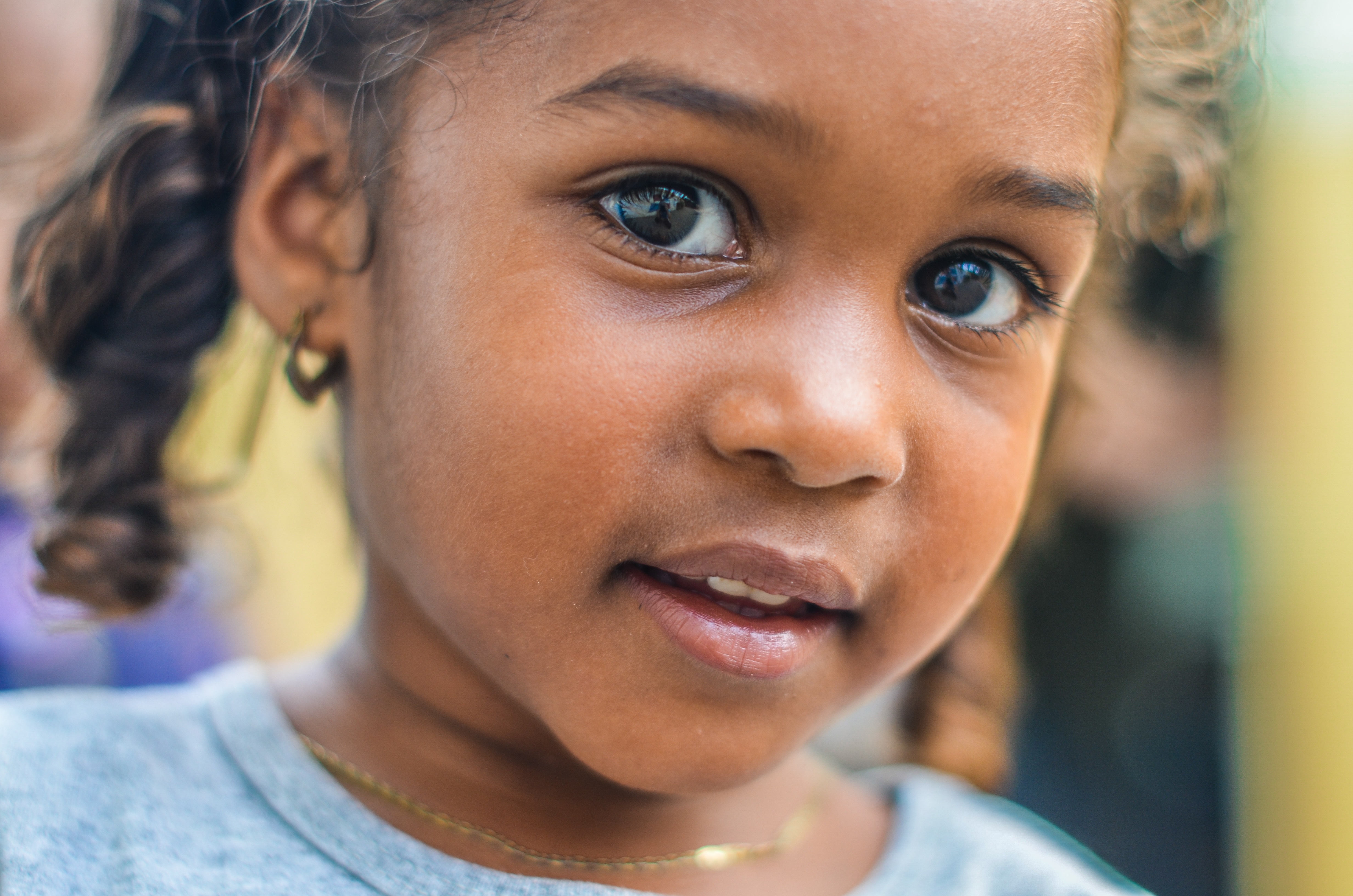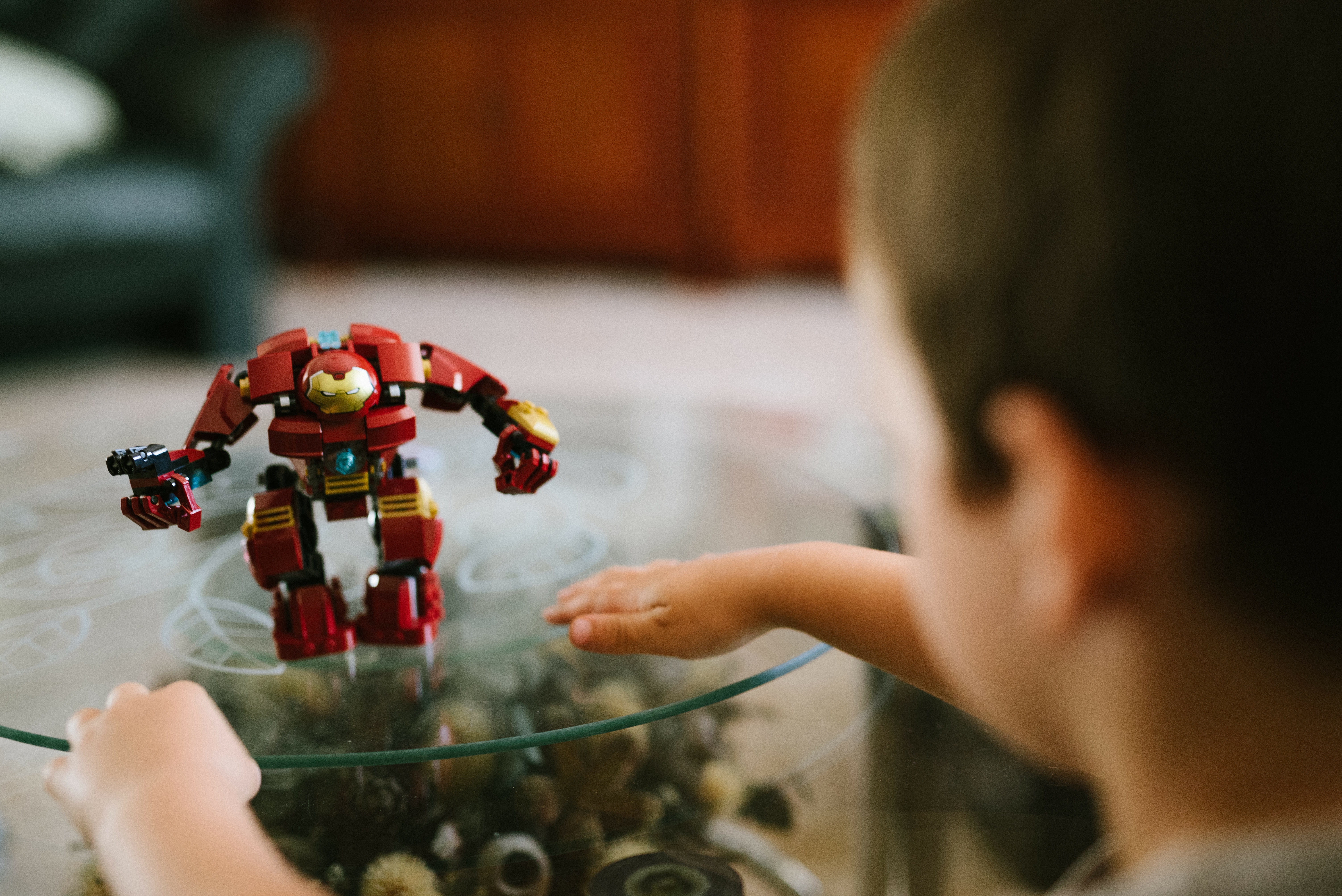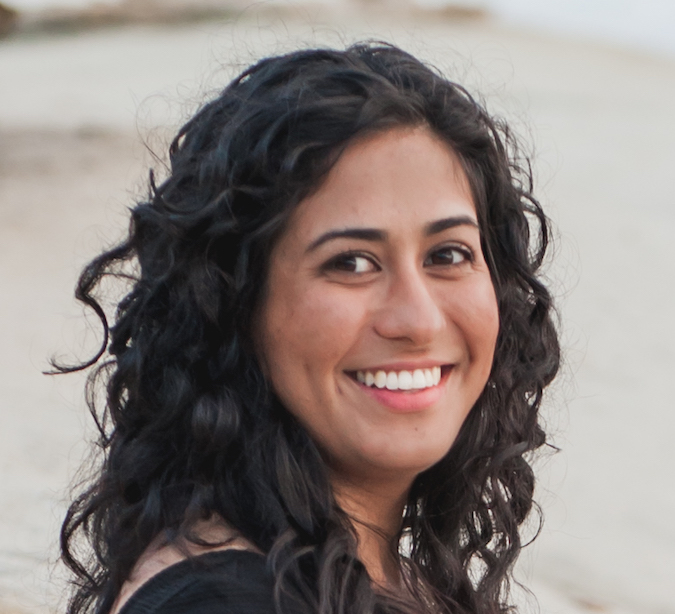3 ways to help your toddler learn to talk

by Analicia Lucas, SLP
Analicia Lucas provides pediatric speech therapy services in San Diego.
Is your child 1-3 years old and hardly using any words? There are many ways you can help them to become comfortable communicating. It all starts with how you interact with your child and the things they see and hear every day.
1. Start with gestures, then move on to simple sounds and words
Many children are able to point and wave goodbye (or imitate hand movements) before they can say words. Expanding on this skill and teaching many different types of signs and gestures can help children get their point across. This also builds important imitation skills that will later help them to speak. Remember to always use a spoken word along with a sign or gesture so that the spoken word is reinforced each time. The research shows that children who use a simple sign system have an increased vocabulary by the time they are 3 years old! Are you wondering how to help your child learn gestures? Click here.
2. Talk about what they are interested in. Then, repeat!
Plan out some time to play with your toddler on the floor, doing what they like to do! As they play, you narrate. For example, if your child is playing with their red toy car, you can say: “You have a car. Go, car! It goes fast. Push, push, push. That’s a red car!” (See how you can use the same word “car” in many different sentences within a short time span? This repetition is great for helping your child to learn that word!)
You can try to draw your child into playing with you, taking turns with a new toy or activity. However, if you introduce an activity and your child is consistently looking AWAY at something else, take their lead and go with what they are interested in first.

I often see parents distracting the child away from what they are playing with instead of talking about what the child is looking at. If your child is playing with a superhero figurine, that wouldn’t be the best time to start saying “Look out the window!” or asking, “Johnny, where are your eyes?” Talk about the toy they were playing with in the first place. Limit questions and try simple narration. As your child gets older, they will generally be more easily led to talk about another person’s interests.
3. Expand on what your child says or does
Once your child is saying a few words, expand on what they say, adding just 1-2 more words to the word they say. For example, if they say “ju” to request “juice,” you can add a word and say “more juice.” This gives your child nice bite-sized models to follow. They are much less likely to imitate you if you speak in really long sentences! NOTE: At the age of 2-3, it may be too early to try to get the pronunciation just right, so focus on adding whole words instead.
Be patient with this process. Even if you are speaking like this for a week or two, your child may not be ready to add those words for months. We can definitely encourage language, but each child progresses at their own pace! Most importantly, do not demand that your child repeat your phrases. This makes a lot of children shut-down and stop listening because they feed pressured. Instead of demanding “say ‘more juice!’” try to just let them listen to you for a few weeks. They will imitate when they are ready.
TIP: If your child isn’t saying any words yet, interpret their movements. If they reach toward something and cry because they can’t reach it, let them listen to an appropriate sentence and use repetition: “You want the cup. Cup! Here’s the cup.”
Need more tips to help your toddler learn to talk? I’ll be writing more on this topic soon! And it’s always best to ask your speech therapist for personalized help if these tips don’t seem to be working at home.
Contact Lake Murray Speech & Language for a screening or evaluation for your child today!

Hello! My name is Analicia Lucas. I’m a certified speech-language pathologist in San Diego. I’m the owner of Lake Murray Speech & Language, a private practice that provides in-office speech therapy as well as home visits. I graduated from Baylor University for my undergraduate and Gallaudet University for graduate school. I specialize in working with pediatric, deaf & hard of hearing, and Spanish-speaking clients with many different speech and language disorders and delays. I believe that we should never give up on any child, no matter the case, and I strive to help each person I work with to reach their full potential! When I’m not working with clients, I enjoy cooking, reading, singing, playing piano, and spending time with my family.
